
Based on Meg Rosoff’s award-winning young adult novel, How I Live Now is an awkward mix of a forbidden romance that would make teen girls swoon and a morose, bloody wartime drama for adults that earned the film an R rating. Imagine slamming two very different movies, a brutal and dystopian thriller a la 28 Days Later and a hormonal, Twilight-hued romance, into the same film. As you can imagine, it’s tonally and emotionally lop-sided and even some pretty decent performances from magnetic young actors Saoirse Ronan and Tom Holland can’t save it.
How I Live Now focuses on Ronan’s Daisy, an American teen who dresses like a punk wannabe (lots of eyeliner, dark clothing, ripped black stockings). She goes to the idyllic English countryside to spend the summer with her cousins, including darling youngster Piper (a natural Harley Bird), Isaac (Tom Holland) and their elder brother, Edmond (George MacKay). As it turns out, there is impending civil war in Great Britain. The teens are left on their own because their mom, a diplomat trying to pursue peace talks with a vague enemy, is off in Geneva – an unconvincing plot convenience. Why would there be nobody around to watch the children with an anarchic war on the verge of breaking out?
During her stay on their farm, the only thing that catches Daisy’s fancy is, strangely, her cousin Edmond. The script depicts him as a stoic young man, with handsome, chiseled features and the ability to shepherd animals and a pet hawk with mere whispers. Disregarding the flatness of the character, the love affair he ignites with Daisy is not just problematic (due to, you know, incest), but also underdeveloped. The moral issue of having sex with one’s cousin is left unquestioned, for the most part.
Before the sour taste of this tryst among blood relations becomes distracting, war is declared, nuclear bombs fall on London and a fascist regime rolls into the countryside. Armed forces storm the family barn and separate the cousins – boys to one shelter, girls to another. Now Daisy and Piper must try to find their way back to the country home, where they hope to reunite with Edmund and Isaac.
In adapting Rosoff’s novel to the big screen, screenwriters Jeremy Brock, Tony Grisoni and Penelope Skinner have trouble making Daisy, the first-person narrator, a sympathetic character. When meeting the family and touring their home, Daisy is rude, selfish and off-putting. She mopes through meals and does not have any interest in participating in games with them or swimming in a nearby stream.

At different points of the film, overlapping strands of voice-over – from motivational slogans (“Step out of your comfort zone”) to profane put-downs and exclamations (“F***ing loser!”) – fill the audio track as the camera follows a disoriented Daisy. These voices are the noise in her head, as she goes through a pubescent emotional imbalance, depicting the pressures on the teen to stick to societal norms. However, Ronan is too mature of an actor to descend into playing a moping young adult, and even her best efforts cannot help but make Daisy a hard protagonist to root for.
Although Daisy is scared to break free in the first half of the film, she becomes an impulsive, risk-taker later on, a character shift that arrives without much of an introduction. Her decision to risk her own life, as well as Piper’s, when they run off into the woods to reconcile with the family in the second half is far from what the viewer has come to expect from a shallow, brooding protagonist.
The film’s second half, which is more brutal and violent than the idyllic forbidden love in the first 45 minutes, is more gripping but still lacking. The screenwriters do not skim on the darker shifts that come with a country at war, from hunger due to a contaminated water source and a lack of resources to merciless captors hunting for young girls in the woods. Unfortunately, dream sequences where Daisy infatuates for her cousin reminds the audience how bloody scenes of violence can be less disturbing than a love between blood relations. Nobody in How I Live Now seems to object much to this sexual relationship, a factor that makes it harder to cheer for the protagonist. Are we really that enthused to see her reconnect with her cousin/lover?
Director Kevin Macdonald, whose best films have been documentaries like Marley and Touching the Void, seems more at ease filming the bleak wartime predicament than a blossoming teen romance. In How I Live Now’s most stunning scene, the atmosphere shifts suddenly during a warm, sunny day as the family picnics in the park. In this one-minute, wordless scene, the sunshine is sucked away, the ground vibrates, the wind howls and ash falls on the characters like flakes from a first snowfall. With this silence and overarching sense of dread, the war has started.
Unfortunately, the rest of How I Live Now has a hard time living up to that exceptional moment. Macdonald does not get much of a chance to show the widespread terror and anarchy in the U.K. If real nuclear war broke out in Europe, one would expect more chaos and disorder. However, besides a couple of destroyed cars, some dead bodies wrapped in paper sheets and a couple of cannibalistic predators that Daisy and Piper encounter, there is a major lack of intensity and scope in these later scenes.
Like its insecure teen protagonist, How I Live Now goes through many mood swings. It shifts uncomfortably from a love story that is not romantic to a wartime drama that is not as gripping as it should be. In the end, it is like 2009’s The Lovely Bones, a tonally off-kilter young adult adaptation that cannot be saved despite Saoirse Ronan’s best efforts.

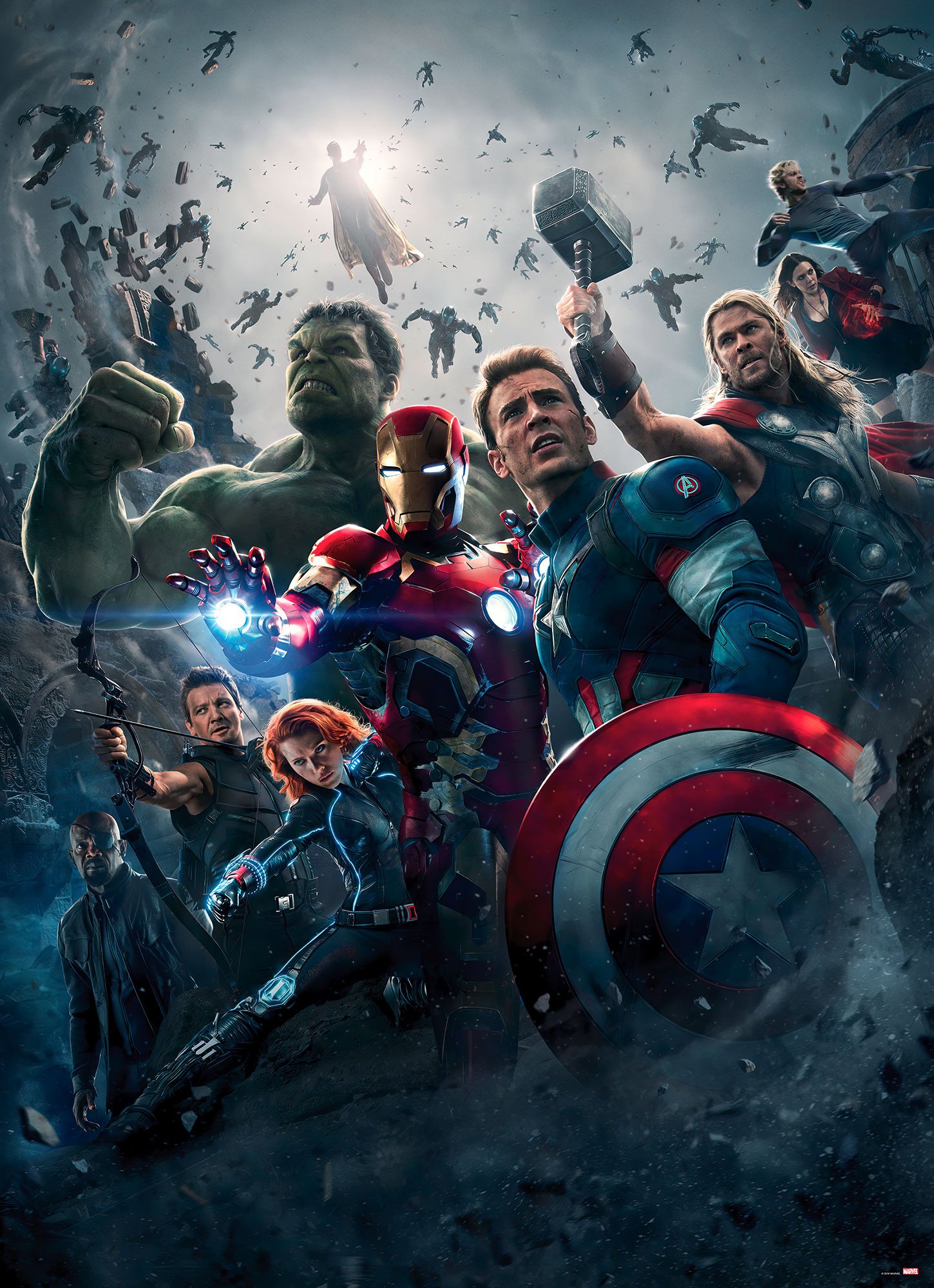

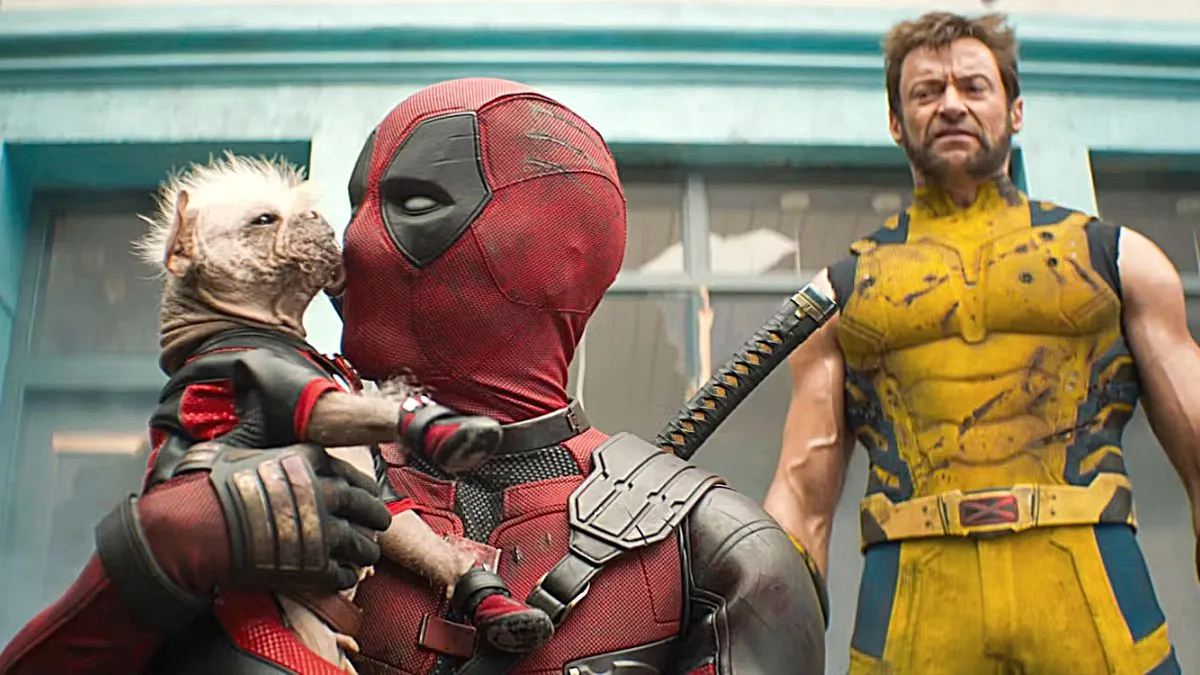
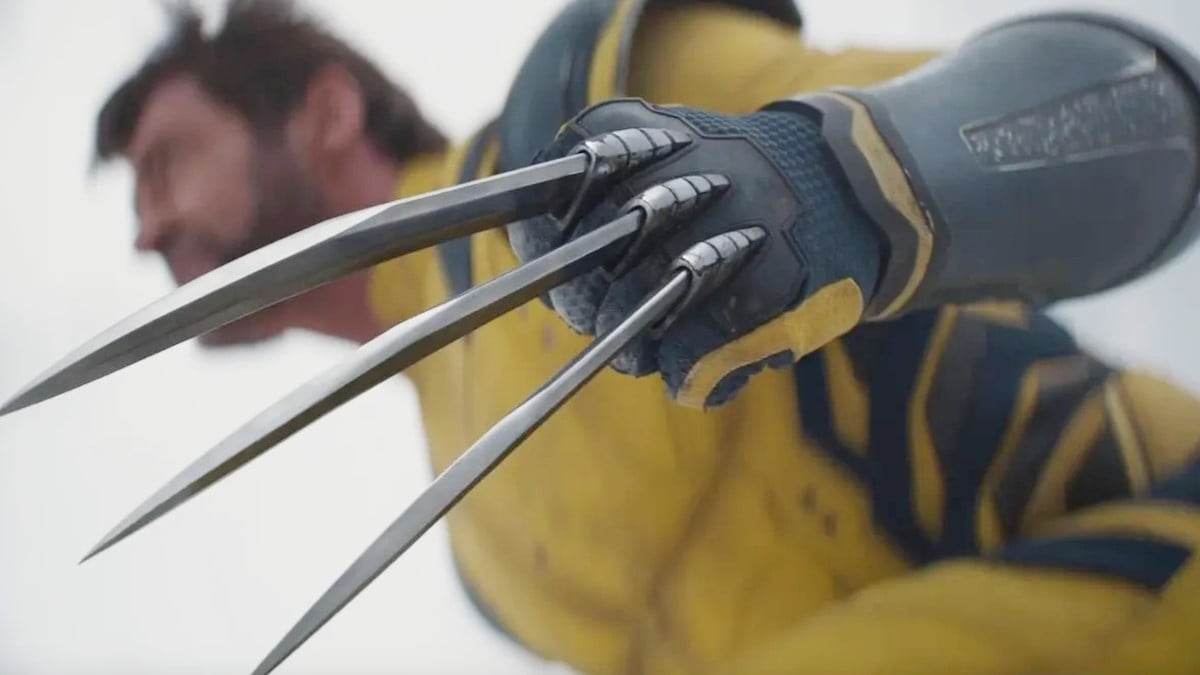
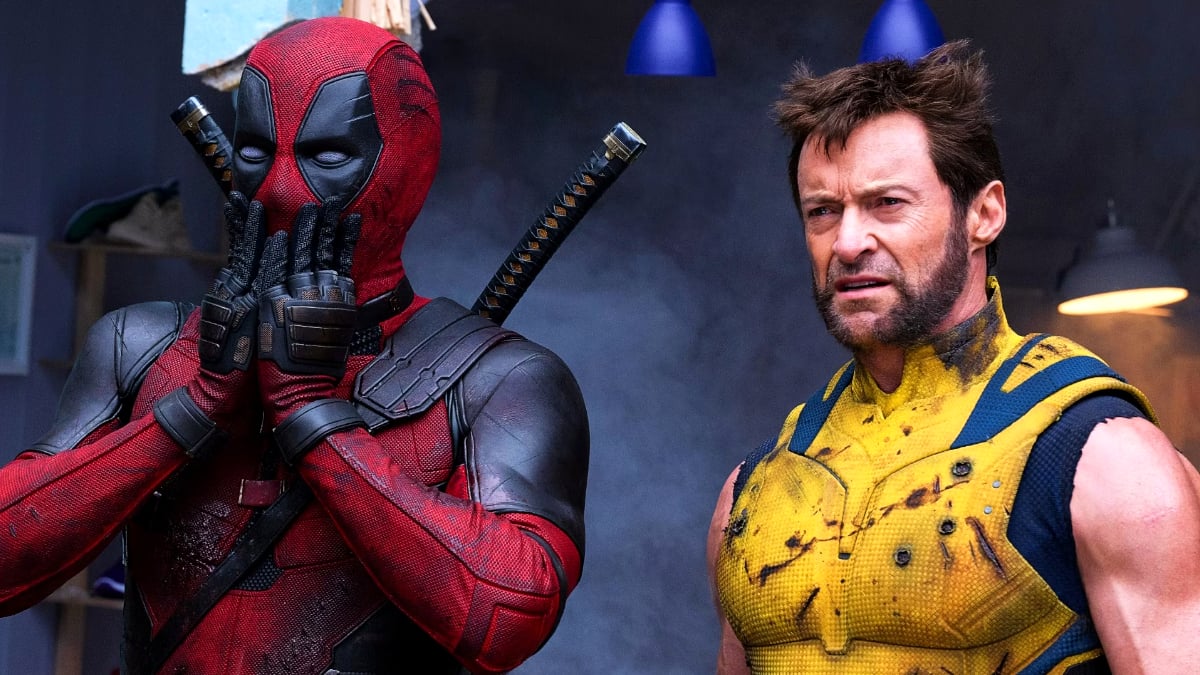
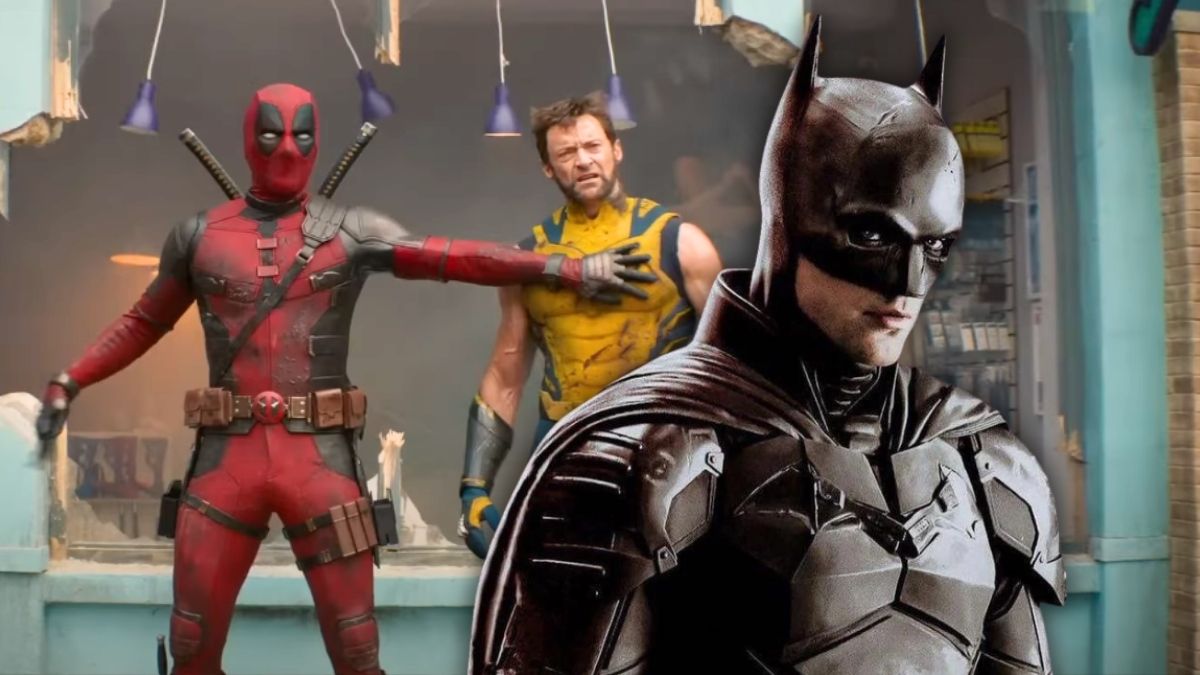

Published: Nov 8, 2013 09:40 am